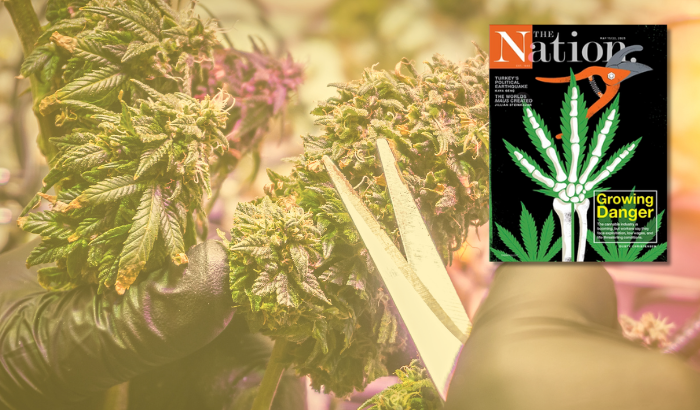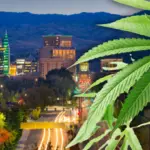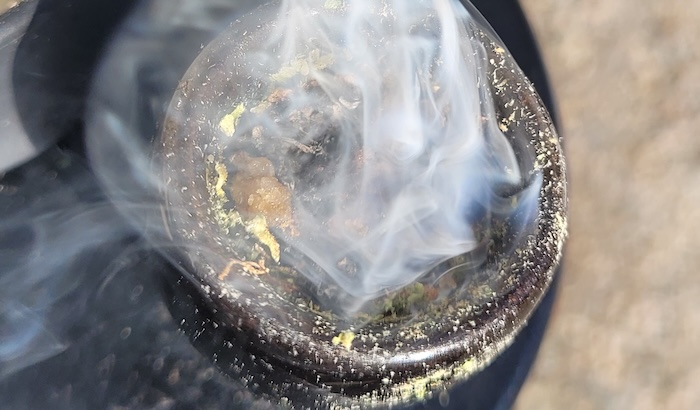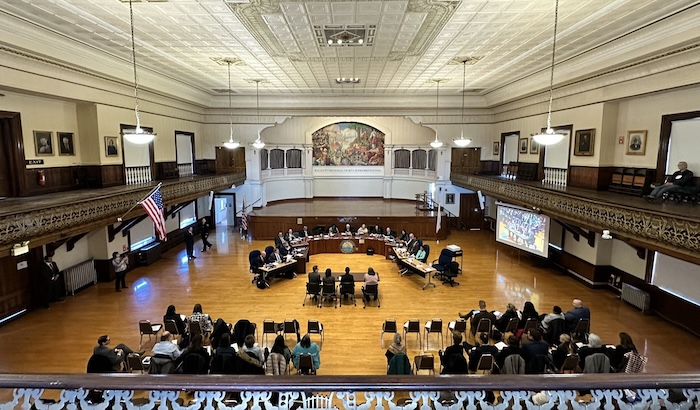
“In addition to concerns about low wages, allegations of poor working conditions have surfaced.”
We were not surprised to see an article about cannabis industry working conditions on the cover of the latest Nation magazine. The publication has been on top of labor issues for years and it’s no secret that the weed biz has an increasing number of problems as more and more companies enter the game.
As we recently reported, there are more than 1,600 cannabis business licenses in the Massachusetts pipeline, with nearly a third of those applicants already open or approved to commence operations.
The Nation feature, written by former Daily Hampshire Gazette reporter Dusty Christensen and co-published with the Shoestring, an independent news outlet in Western Mass, focuses on Lorna McMurrey, who in January 2022 “died of cardiac arrest due to an apparent asthma attack—a condition that [her mother] said she never had until she started working at the large-scale grow facility, which is owned by the multistate cannabis giant Trulieve.”
As the article notes, “McMurrey’s death at the Trulieve facility went unreported in the press for most of 2022, until Mike Crawford broke the story that September on his podcast The Young Jurks.” In the time since, it’s become national news, with this latest article marking the deepest dive yet into the subject.
Christensen doesn’t stop there. By looking at OSHA reports as well as National Labor Relations Board documents and various other public records, the reporter paints a picture of an industry in which scores of workers face potentially unsafe conditions. One geographic focus of the piece is Holyoke, which has become a hub for the weed industry in Mass. From the article:
“This is not an easy-access industry at all,” said Aaron Vega, a former state representative from Holyoke who is now the city’s director of planning and economic development. Vega said that the state and local bureaucracy surrounding cannabis can be hard to negotiate, and that hiring consultants, lawyers, and architects was beyond the reach of smaller entrepreneurs. “That’s why you have the big companies being able to navigate that; they’ve done it in other states and had the resources to bring the right people on board.”
Vega said that Holyoke’s becoming a “mecca” for cannabis has created around 450 jobs, many of them entry-level—a significant number for a city of just under 38,000 people. In that respect, he likened cannabis to tobacco, another crop that once provided a lot of, as he put it, “low-entry jobs” on farms in western Massachusetts.
You can read the whole feature here.

























